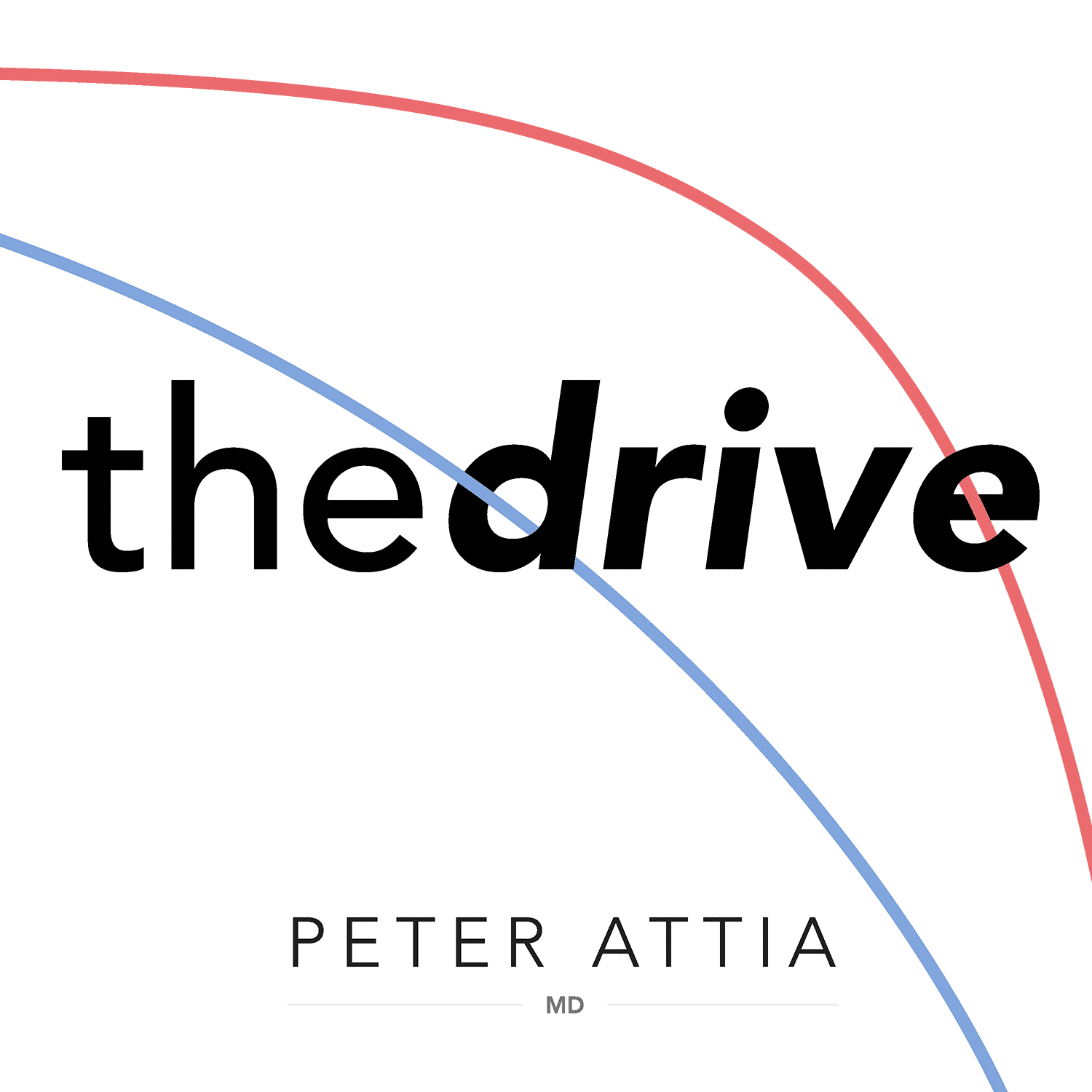We can't find the internet
Attempting to reconnect
Something went wrong!
Hang in there while we get back on track

Access AI content by logging in
In this episode, Dave Feldman, discusses his journey from software engineer to n=1 experimenter, his experience with low-carbohydrate diets, and his hypothesis that cholesterol levels are influenced by energy metabolism.
We discuss:
- Peter’s synthesis of Dave’s energy model [5:00];
- Dave’s journey from software engineer to cholesterol enthusiast [15:00];
- Standard blood panels, sterol panels, and what moves the needle when it comes to particle numbers [18:30];
- Hyper-responders [20:00];
- Lipoprotein transport [33:45];
- The lean mass hyper-responder phenotype [47:30];
- The progression of atherosclerosis, CAC, and CIMT [52:30];
- Testing for oxidized LDL [55:30];
- All-cause mortality and clinical endpoints [1:01:15];
- What does “LDL as causal” mean? [1:05:15];
- Dave’s low carb cholesterol challenge and drug & genetic study qualifications [1:13:15];
- If all other markers are in an healthy range, but LDL-P is high, is the patient at risk? A couple of case studies, and a self-experiment [1:27:30];
- Peter’s three-day exercise and ketosis experiment [1:41:00];
- What are remnant lipoproteins? [1:45:00];
- What might cause lean mass hyper-responders to have higher LDL particle numbers? [1:53:30];
- A case study from Dave of a lean mass hyper-responder [1:56:30];
- Mass balance and cholesterol flux [2:05:30];
- Can a higher degree of cholesterol explain the lean mass hyper-responder phenotype? [2:10:00];
- Peter’s LDL during his keto-fast-keto experiment [2:13:30];
- Does substituting saturated fats with monounsaturated fats lower LDL-P and LDL-C? [2:15:45];
- Dave’s carb-swap experiments [2:22:15];
- Dave’s carotid intima-media thickness tests [2:41:15];
- Looking for studies that stratify for high HDL-C and low TG alongside low and high LDL-C [2:53:00]; and
- More
Learn more at www.PeterAttiaMD.com
